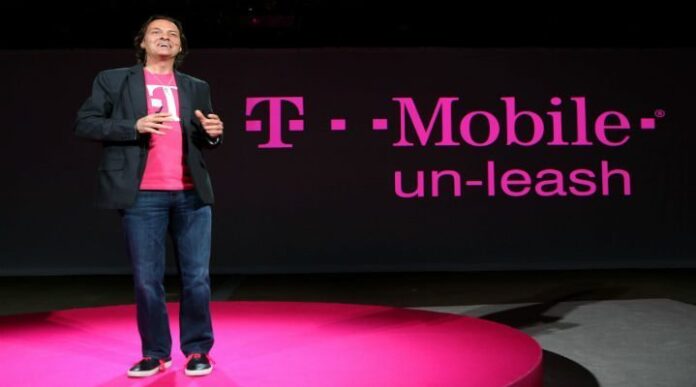Google earlier this week unveiled Project Fi, the tech giant’s foray into the operator space in partnership with carriers Sprint and T-Mobile US.
T-Mobile US CEO John Legere, known for his strong brand advocacy and, most recently, for getting into a Twitter feud with Donald Trump, gave his two cents on Project Fi in a blog post following the Google announcement.
In consistent Legere fashion, he found a way to slight Sprint, the other carrier involved in Project Fi.
“Since the cellular connection will be made based on network speed, we expect to capture the largest share of traffic coming from Project Fi customers – and chances are good that these customers are going to be riding on America’s fastest nationwide 4G LTE network … If Project Fi customers are anything like our own, we expect they’ll be data hungry,” Legere noted in a blog post.
Project Fi offers customers the ability to work across either the Sprint or T-Mobile US network, including LTE access, with a special SIM card selecting whichever network has the strongest signal or highest available data speeds.
Google highlighted the services ability to transfer users between cellular and Wi-Fi connectivity, but noted that a call in session can only be transferred from Wi-Fi to a cellular connection. The network management is built into the Nexus 6 device, which was recently launched by former Google division Motorola.
The device is priced at $650 for a 32 GB model and $700 for a 64 GB model, or customers can choose a monthly installment option. Customers that have already purchased a Nexus 6 can request a free SIM card from Google. Project Fi pricing starts at $20 per month.
Verizon and AT&T Mobility are the market share leaders in the U.S. mobile carrier market with Sprint and T-Mobile US duking it out for third place.
Legere, in September, told an interviewer that Sprint was “done. Put a fork in it.”
Sprint entered 2015 as the nation’s No. 3 operator in terms of the number of connections hosted on its network with a reported 55.9 million. That was fewer than 1 million more than T-Mobile US reported for the end of 2014.

